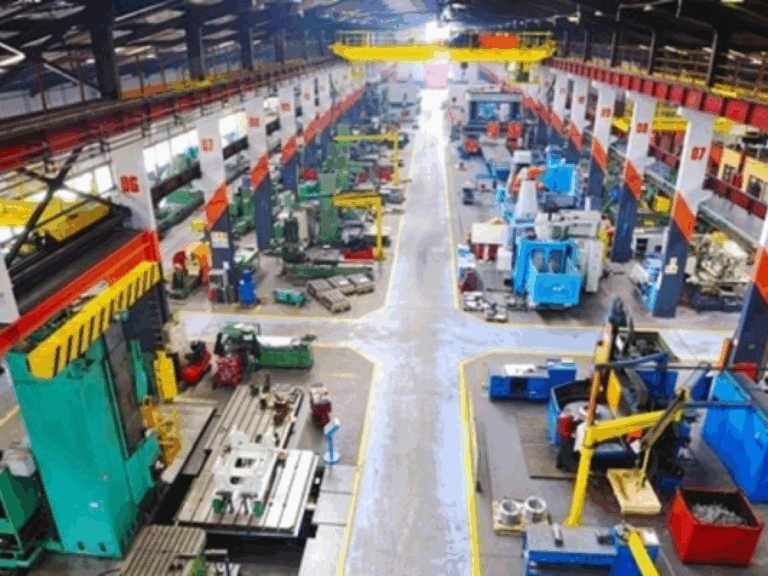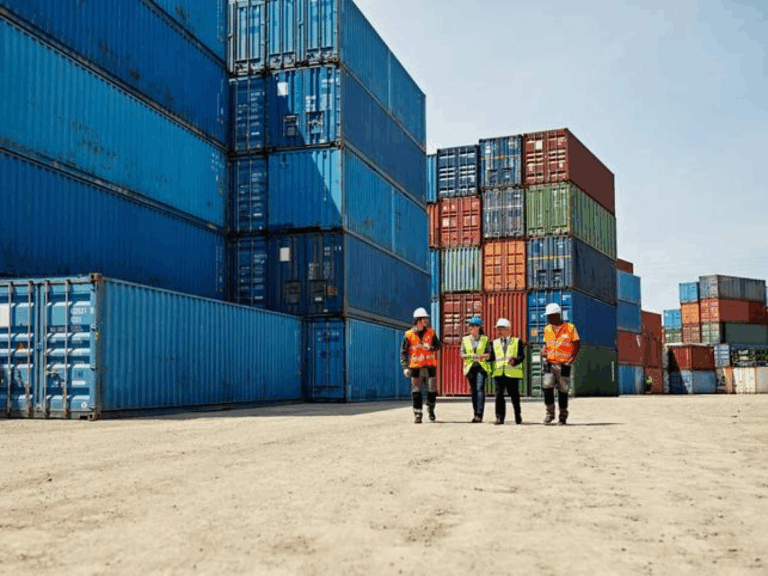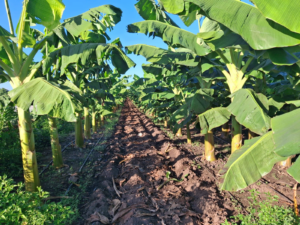The salvadoran private sector is optimistic about the country’s economic future, with a growth outlook driven by industry and construction. This dynamism is projected to be reflected in increased exports, which in turn will positively impact revenues for both the population and the government. This outlook for economic stability is seen as crucial for the nation’s development.

Investment and Employment: Pillars of the private sector agenda
The Vice President of the Consejo Superior del Trabajo (CST), Jorge Arriaza, emphasized that the private sector’s agenda will focus on promoting investment and job creation. These initiatives seek to consolidate economic growth and improve the living conditions of Salvadorans. Collaboration between the government, the private sector, and workers is seen as key to achieving these goals.

Exports on the rise: An indicator of economic strength
Salvadoran exports have experienced significant growth, registering an 8% increase in the industrial sector. This steady increase, without any decline, is considered a positive step that demonstrates the economy’s strength and dynamism. The agricultural export sector, particularly coffee and sugar, also shows greater dynamism, contributing to this positive balance.
The private sector has identified informality as one of the greatest challenges to El Salvador’s economic growth. Addressing this problem is a priority for the CST, which seeks to incorporate informal businesses into the formal economy. This measure is considered crucial for more equitable and sustainable long-term economic development.

El Salvador’s economic outlook is described as stable, with growth potential. The private sector continues to invest and generate production, which is expected to translate into improved prices and increased employment. The synergy between different economic actors is seen as the driving force that will propel the country to a stronger position internationally.







